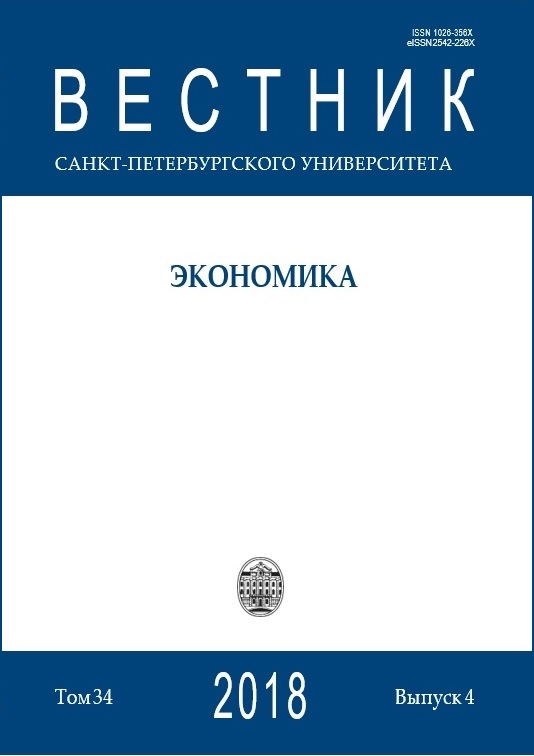Depreciating evidence in administrative adjudication: Rules on the sequence to present evidences
DOI:
https://doi.org/10.21638/spbu05.2018.401Abstract
The late choice of the type of alleged infringement in administrative investigations, when company (alleged infringer) presents evidence first and then responsible agency decides on the content of infringement on the basis of evidence produced by company has significant incentive effect. This rule demotivates alleged infringers to present evidence under the procedure of administrative inspection in time and as complete as possible. In addition, incentives to provide evidence are limited if the agency has the opportunity to select among different types of alleged infringement and to use evidence presented by company in its favor as evidence of a certain type of alleged infringement. Time sequencing of decisions when the choice of the type of infringement is made just after agency collects evidence from company inevitably results in decisionsof infringement, which company then appeals in the court. The experience of Russian antitrust investigations — with two indicative illustrations (Novolipetsky metallurgical plant case and the case with largest Russian retailers specialized in computers and home electronics) shows the importance for the company of being suspected in certain infringement to decide on the amount of evidence. Incentives to provide evidence are studied through the lens of all-pay auction framework to explaining the effects of procedural rules in administrative enforcement that is inquisitorial in nature, in contrast to adversarial ones. It is shown that prosecutorial bias or asymmetric burden of proof is not necessary to suppress the incentives of the target of investigation to produce evidence.
Keywords:
administrative enforcement, investigation, prosecution, adjudication, evidence
Downloads
References
Downloads
Published
How to Cite
Issue
Section
License
Articles of the St Petersburg University Journal of Economic Studies are open access distributed under the terms of the License Agreement with Saint Petersburg State University, which permits to the authors unrestricted distribution and self-archiving free of charge.







